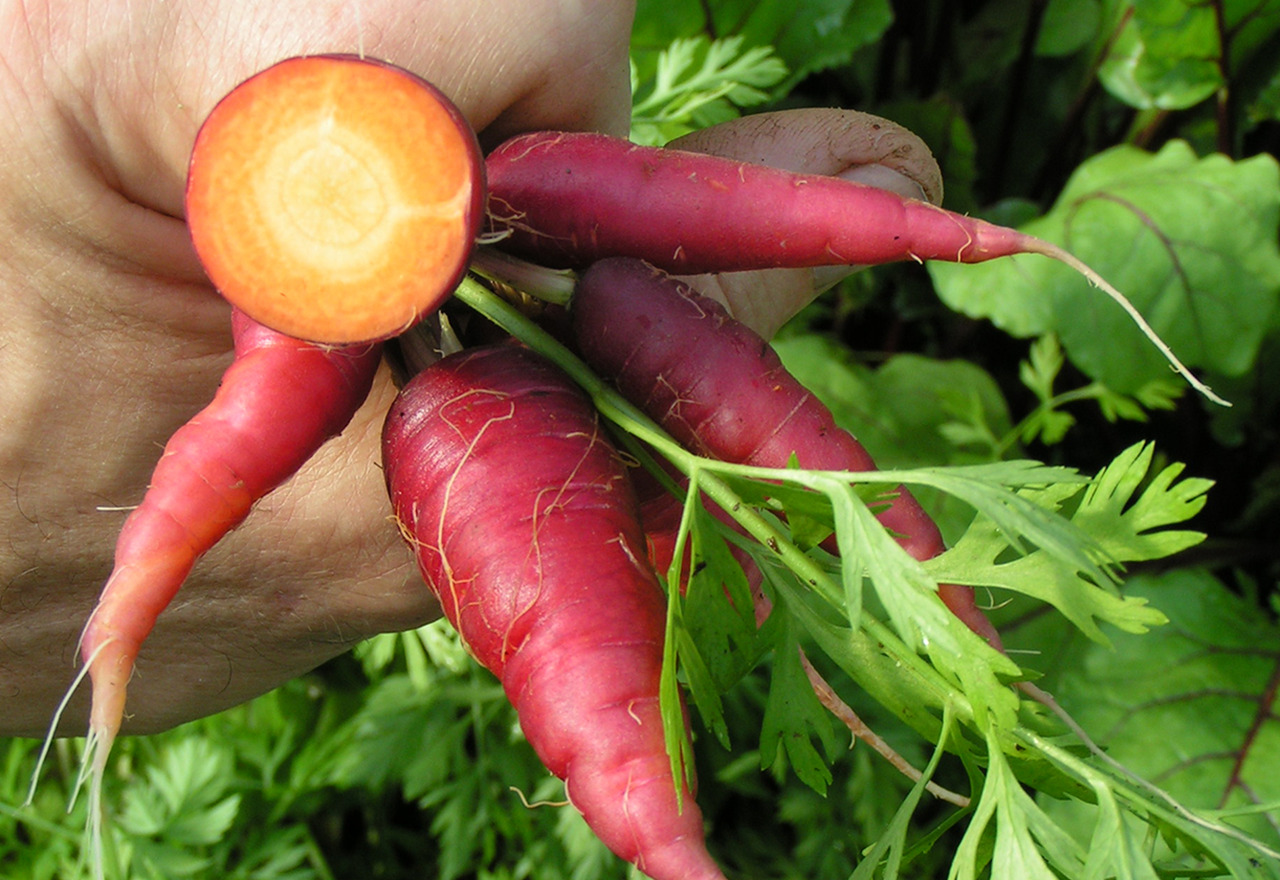We know how important the truth is to you, so we are expanding the Organic 101 section of our website. Big Ag is quick to cite its favorite studies, which are often funded by industry allies and use outdated or questionable data to downplay the benefits of organic.
Read on for our guide to current research from reputable sources.
Pesticide Exposure
The National Organic Standards Board (NOSB) relies on stakeholder input to advise the National Organic Program, a branch of the USDA. The NOSB approves petitioned synthetic or non-organic substances for use in organic when those substances meet criteria established by the Organic Foods Production Act. A substance can only be approved if it does not have an adverse effect on human or environmental health and a safer alternative does not exist. Many of the pesticides and substances used in conventional agriculture cannot ever be approved — even if they were to meet the criteria — because they are specifically prohibited by organic regulations. Each synthetic or non-organic substance on the National List of allowed substances in organic production is reviewed every five years.
A diet of primarily organic food significantly lowers exposure to pesticide residues.
Human Health
A Systematic Review of Organic Versus Conventional Food Consumption: Is There a Measurable Benefit on Human Health?, a 2019 review, assessed the evidence related to human health outcomes when an organic diet is consumed in comparison to its conventional counterpart. “Significant positive outcomes were seen in longitudinal studies where increased organic intake was associated with reduced incidence of infertility, birth defects, allergic sensitization, otitis media, pre-eclampsia, metabolic syndrome, high BMI, and non-Hodgkin lymphoma. The current evidence base does not allow a definitive statement on the health benefits of organic dietary intake. However, a growing number of important findings are being reported from observational research linking demonstrable health benefits with organic food consumption.”
On average organic foods are higher in micronutrients, including polyphenols and antioxidants.
Environmental Health
Long term organic trials show benefits to soil health, and ecosystem services. Organic production practices like cover cropping, crop rotation, and avoiding synthetic imputs (especially synthetic fertilizers) have wider benefits to climate health and resilience.
Biodiversity is essential for healthy ecosystems and is encouraged in organic systems and harmed in conventional ones.
Resilience
Organic farming can feed the world and organic is not inefficient. Organic yields are comparable to conventional yields; in fact, organic production out-performs conventional systems during extreme weather like droughts and floods.
Conventional agriculture is inefficient due in part to a reliance on chemicals to fight pests and weeds.
The conventional food system is fragile and prone to disruptions, among many other direct impacts to human health.
For additional information on fighting anti-organic propaganda, see our latest from The Cultivator


